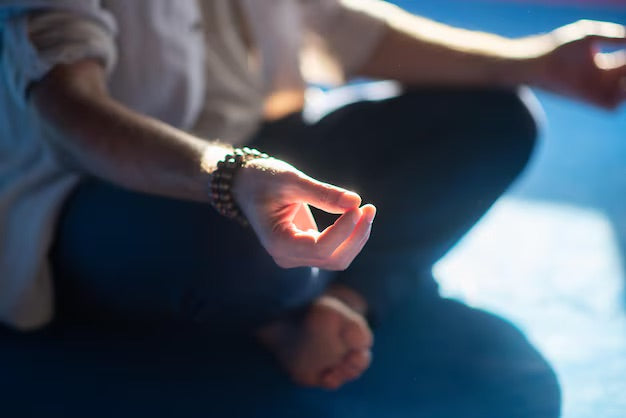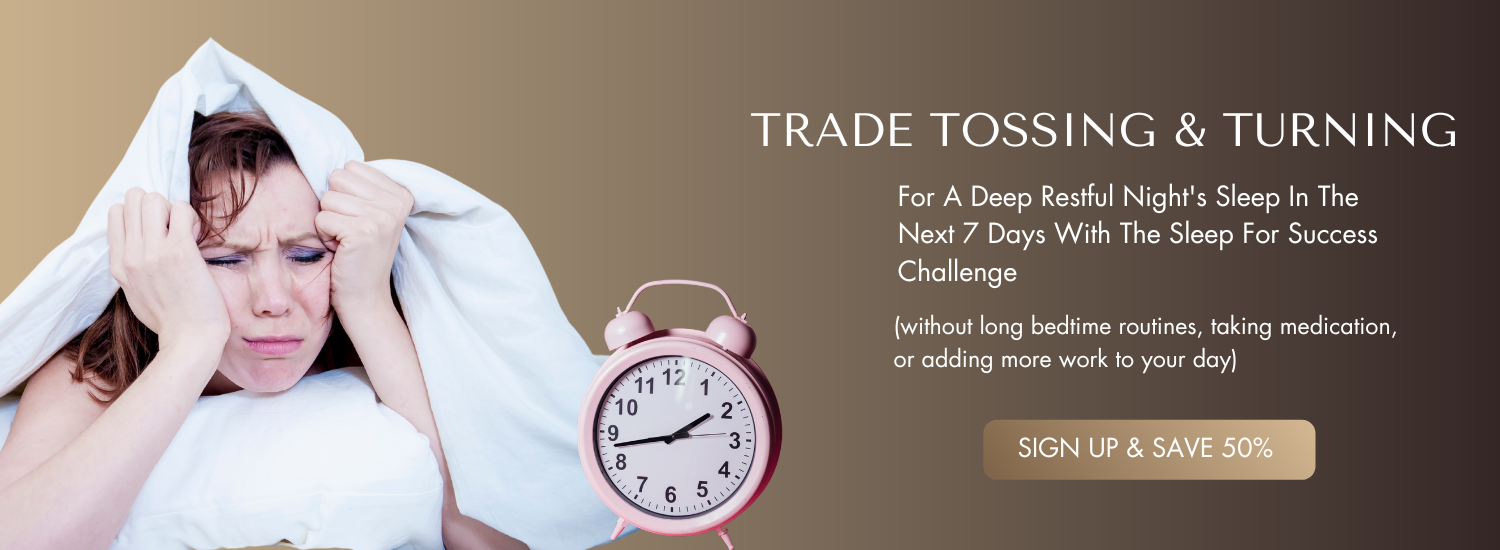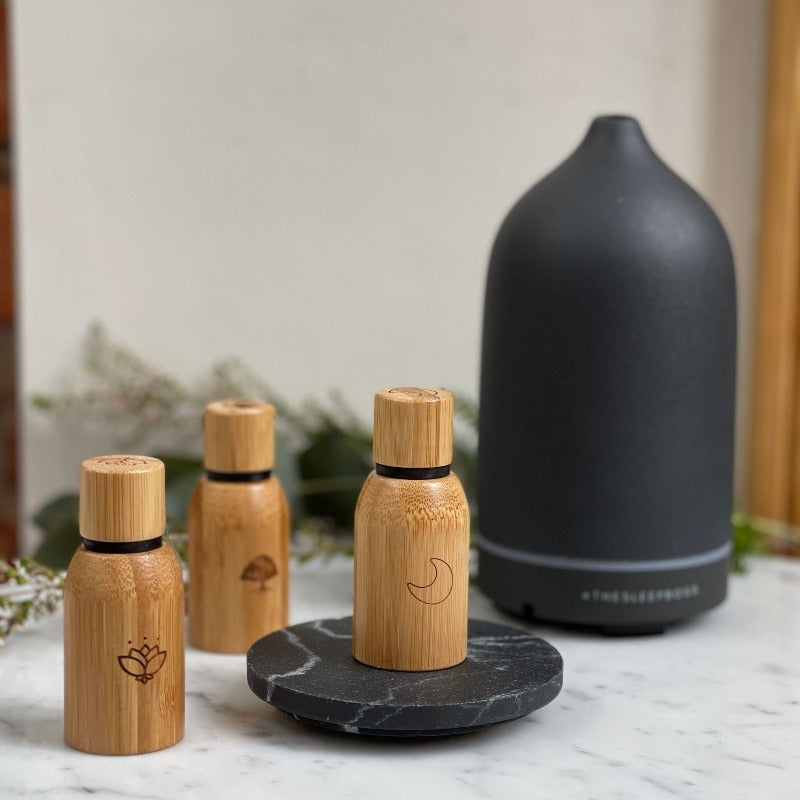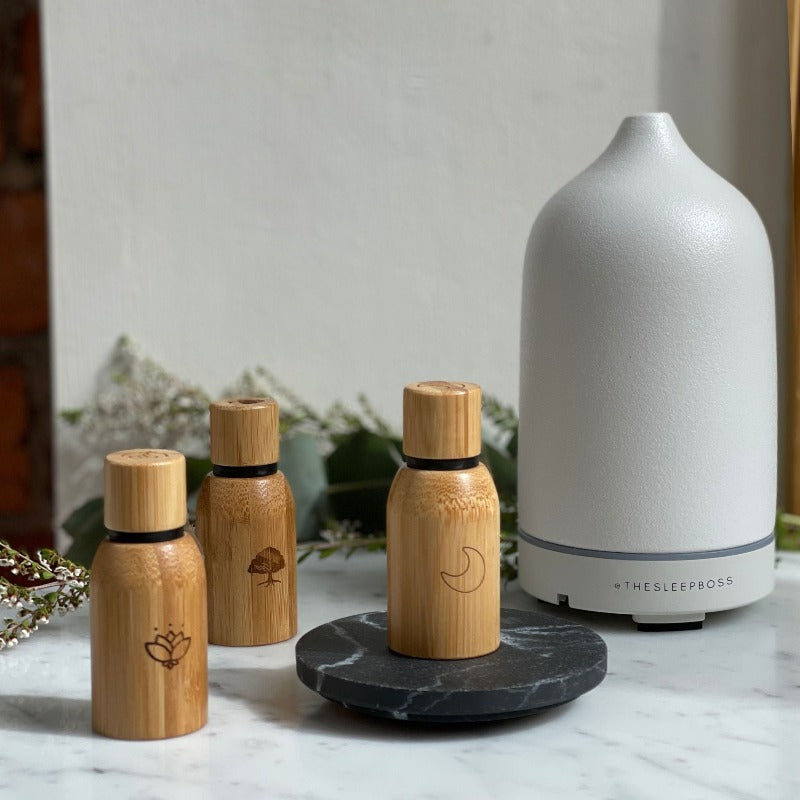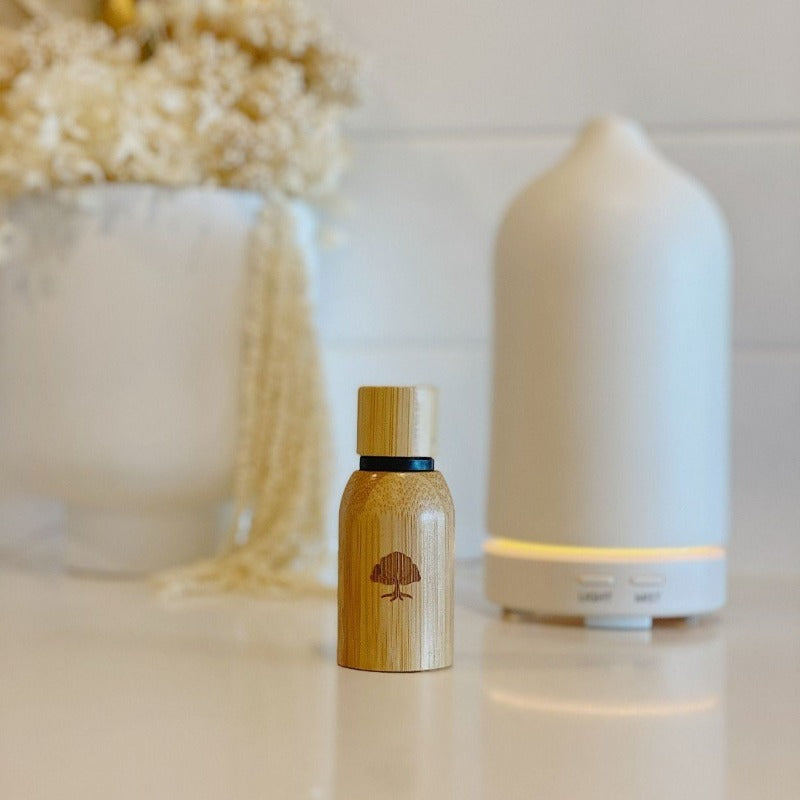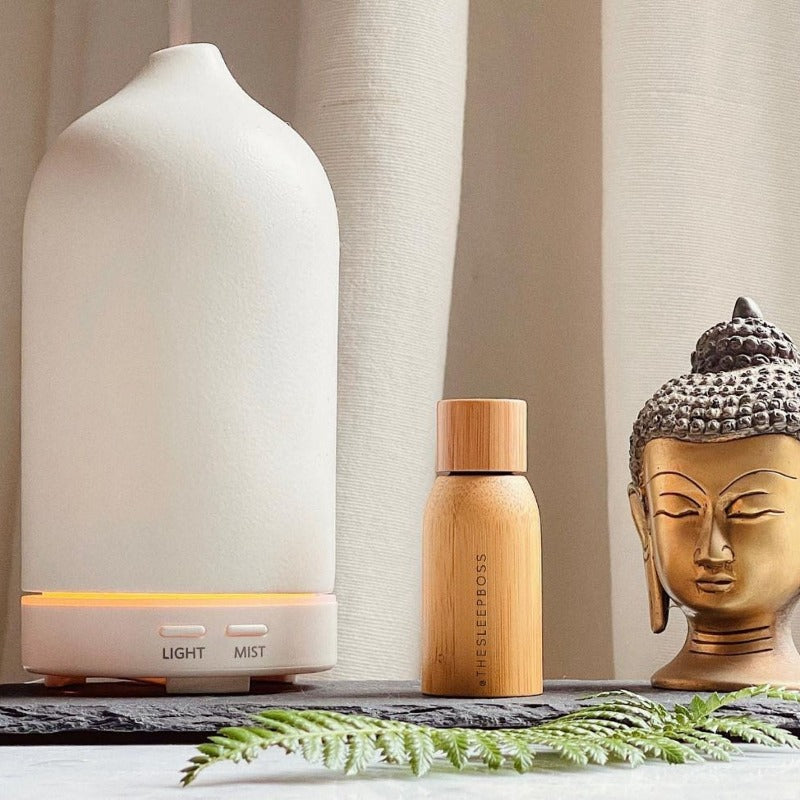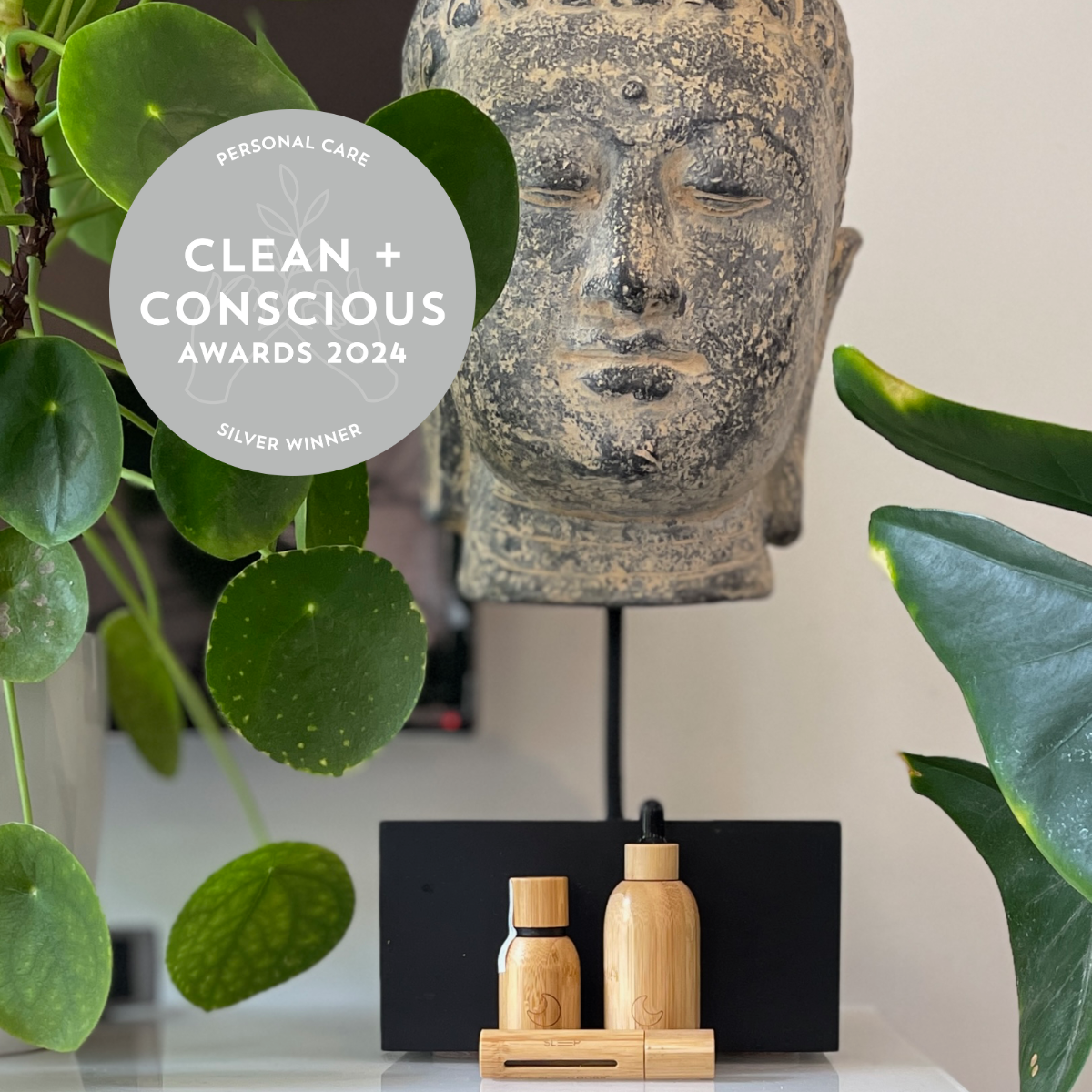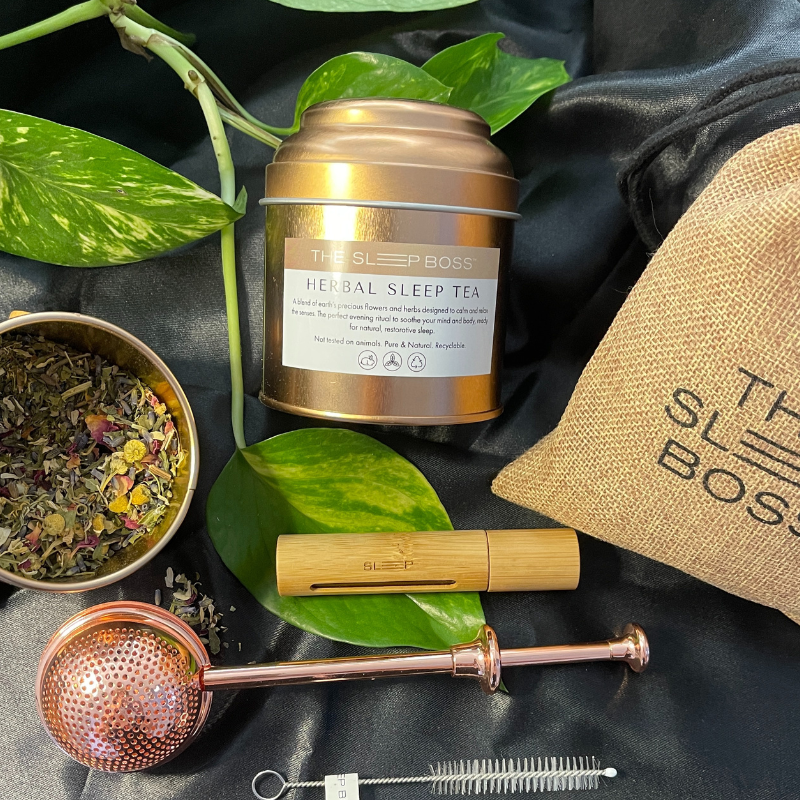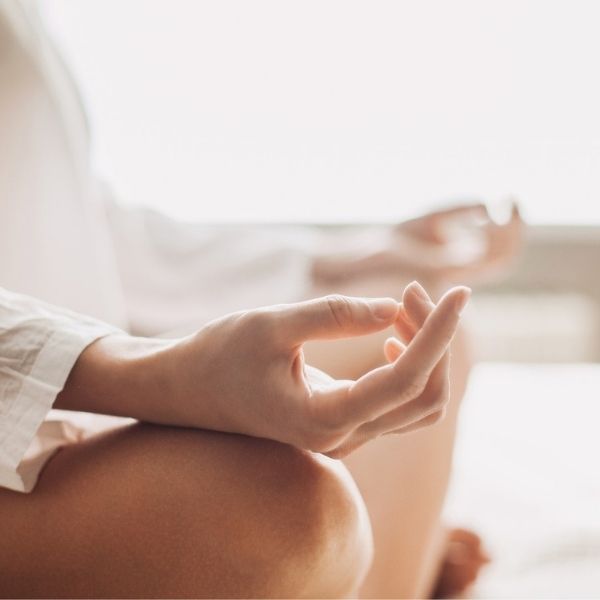
How Can Meditation Help Solve Sleep Deprivation?
Many people do not get quality sleep or enough sleep, which could be a great risk to their health, wellbeing, and productivity.
In today's fast-paced world, the pursuit of quality sleep often takes a back seat, with many individuals grappling with sleep deprivation. This widespread issue poses not only a threat to our physical health but also to our overall well-being and productivity. Shockingly, research indicates that one in every three adults fails to obtain adequate sleep. While the ideal amount of sleep can vary from person to person, experts generally recommend adults aim for a solid 7-8 hours of shut-eye each night.
The repercussions of persistent sleep deprivation are far-reaching. Not only can it leave you feeling groggy and unable to function optimally during the day, but it can also undermine your performance at work and hinder your overall quality of life. The consequences include:
- difficulties in concentration and memory retention
- shifts in mood
- heightened irritability
Sleep deprivation can even impact your sex drive, as it has been found to lower testosterone levels, subsequently affecting libido.
Amid this scenario, the practice of meditation emerges as a potent ally in the quest for better sleep.
Meditation has a strong effect on how your body works and how you behave. One of the best things about meditation is that it helps your body relax, which can make the stress and tension in different parts of your body feel better.
Through the simple act of focused breathing, meditation immediately triggers a slowdown in heart rate. By inhaling deeply through the nose and holding the breath momentarily before exhaling gently, you can infuse oxygen into the deepest recesses of your lungs, counteracting the oxygen depletion that can occur during regular breathing.
Enhancing the effects of meditation, aromatherapy steps in to set the stage for a deeper meditative state.
By creating a conducive ambiance, aromatherapy complements meditation practice and helps channel your focus.
So, how do you start incorporating meditation into your routine?
Cultivating a meditation habit requires discipline, but the rewards are substantial. Allocate time specifically for meditation to reap its benefits. Here are the essential steps to kickstart your meditation journey:
How to Meditate
- Seek out a tranquil spot to practise. Whether sitting or lying down, choose a comfortable location that resonates with you.
- Quiet your mind and take slow, deep breaths. Concentrate solely on your breathing, letting go of any stray thoughts.
- When thoughts arise, gently redirect your attention back to your breath, leaving behind distractions.
- Approach meditation with kindness and patience. Remember, it's a practice, and progress comes with time. Begin with 3-5 minutes before bed and gradually extend to 15-20 minutes as you grow accustomed to calming your mind.
The Benefits of Meditation on Sleep
The ripple effect of meditation on sleep and overall well-being is noteworthy. Consider these health benefits:
- Anxiety management: Mindfulness meditation reduced anxiety symptoms in individuals, enhanced positive self-statements, and improved stress reactivity and coping, according to research.
- Improves emotional well-being: Studies show that those who practice meditation exercise have fewer negative thoughts in reaction to viewing unpleasant imagery.
- Depression alleviation: People who meditate regularly reported fewer symptoms of depression.
- Enhanced sleep quality: Mindfulness-based meditation has been shown to prolong sleep and reduce the severity of insomnia in people who practice regularly.
- Reduces blood pressure: High blood pressure also has a significant contribution to atherosclerosis, or artery narrowing, which could also increase the risk of heart attack or a stroke. Meditation appears to lower blood pressure by calming neural signals that synchronise heart function, blood vessel tension, and the "defence" response, which raises alertness in stressful situations.
Meditation is widely accepted throughout the world as a method of increasing self-awareness and well-being. Meditation practice allows us to gain mental clarity, develop compassion and empathy, form meaningful connections with others, focus on gratitude in our lives, explore and work through our fears, and strengthen the all-important mind-body connection.
Your body responds favourably to meditation in both physiological and behavioural ways. The main advantage is that it might relax your body, which helps to get rid of stressed-out feelings that cause tension in different parts of the body.
A compact meditation essential oil roller refill helps you to carry your essential oil with you anytime, anywhere, even during your meditation.
Using aromatherapy to support your meditation routines can help you create a setting that will allow you to enter a deeper state of meditation. Like any ritual, it aids in concentration.
When incorporated into a bedtime routine, meditation can help prepare the body and brain for a better night's sleep.











